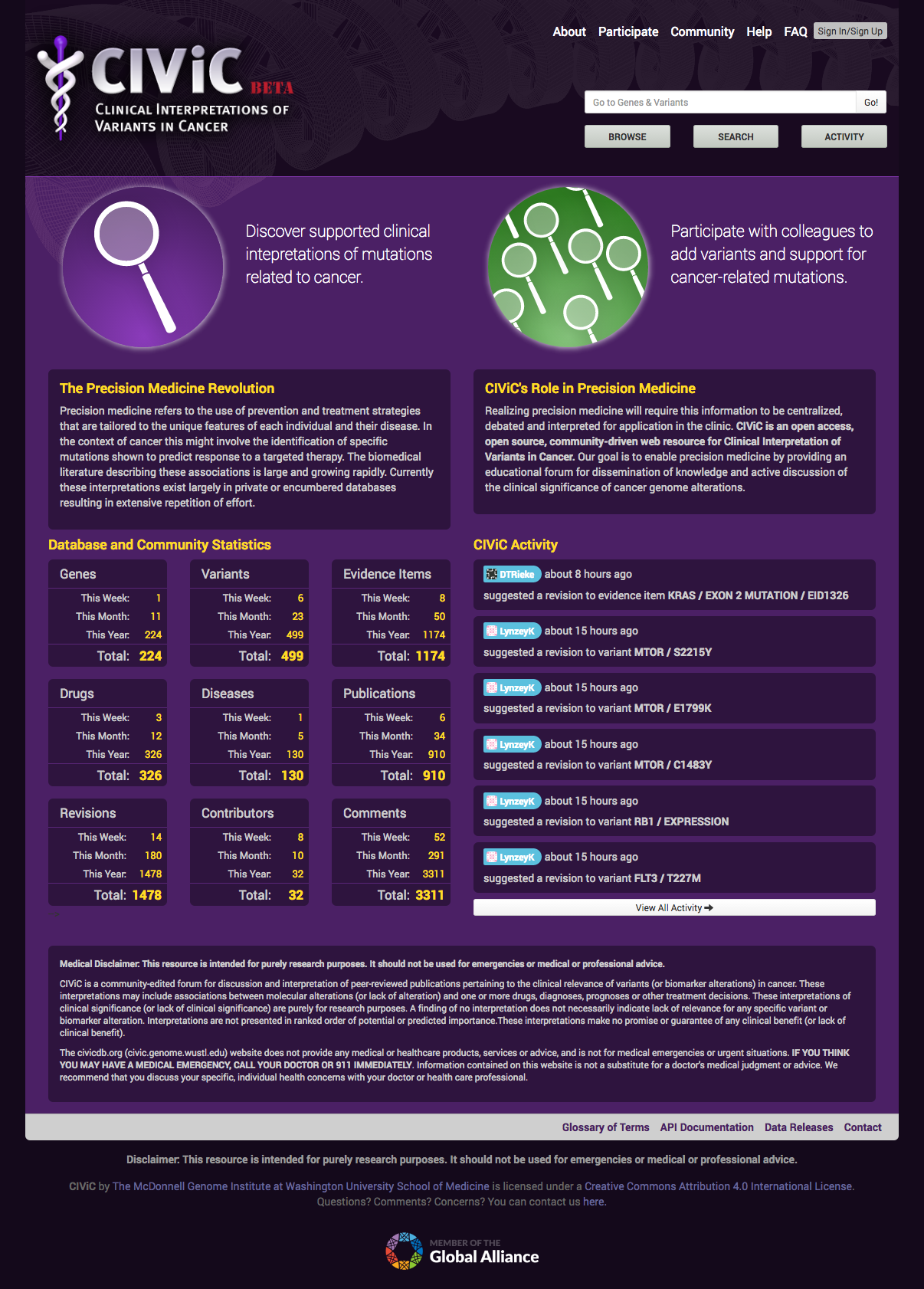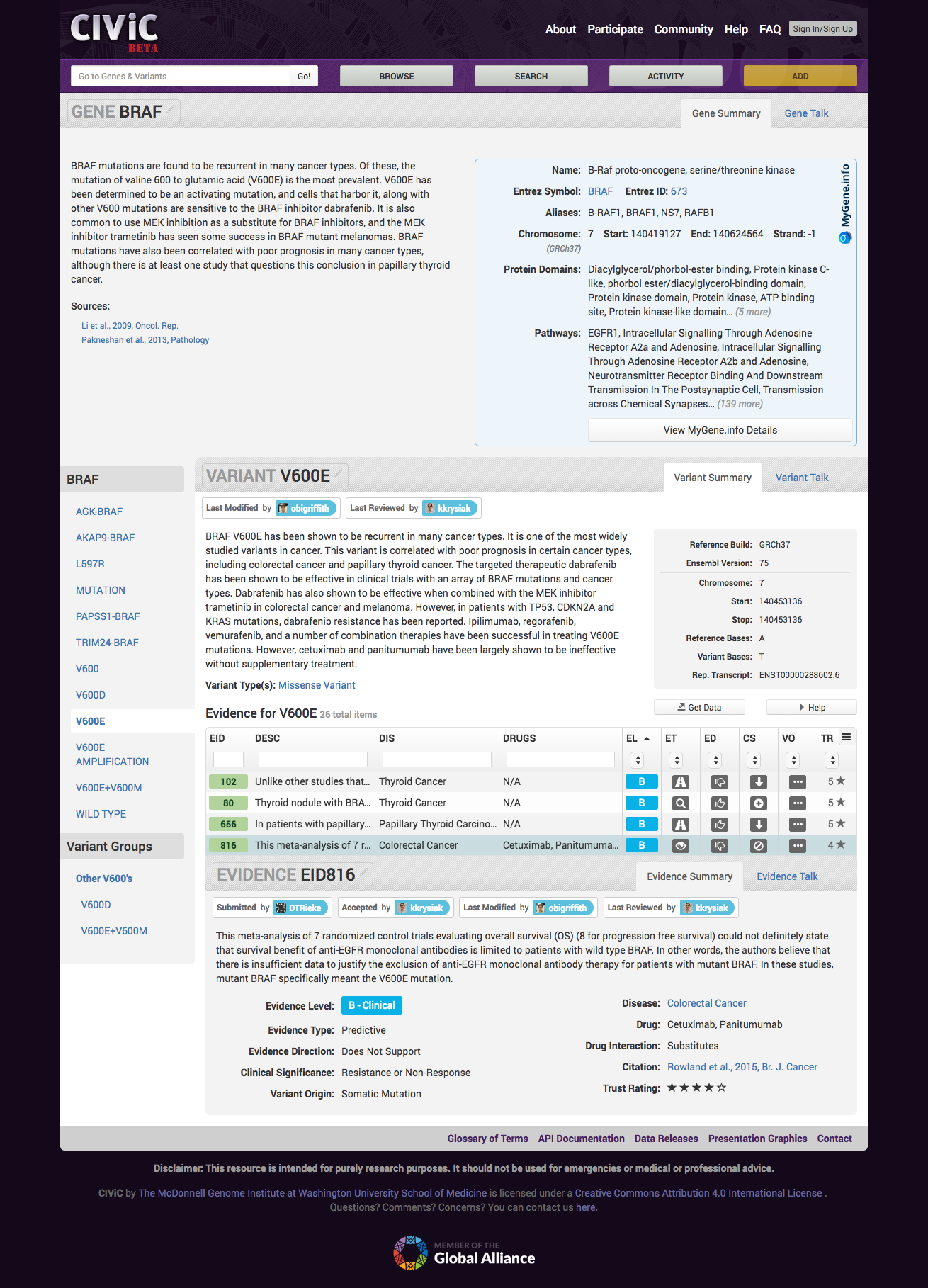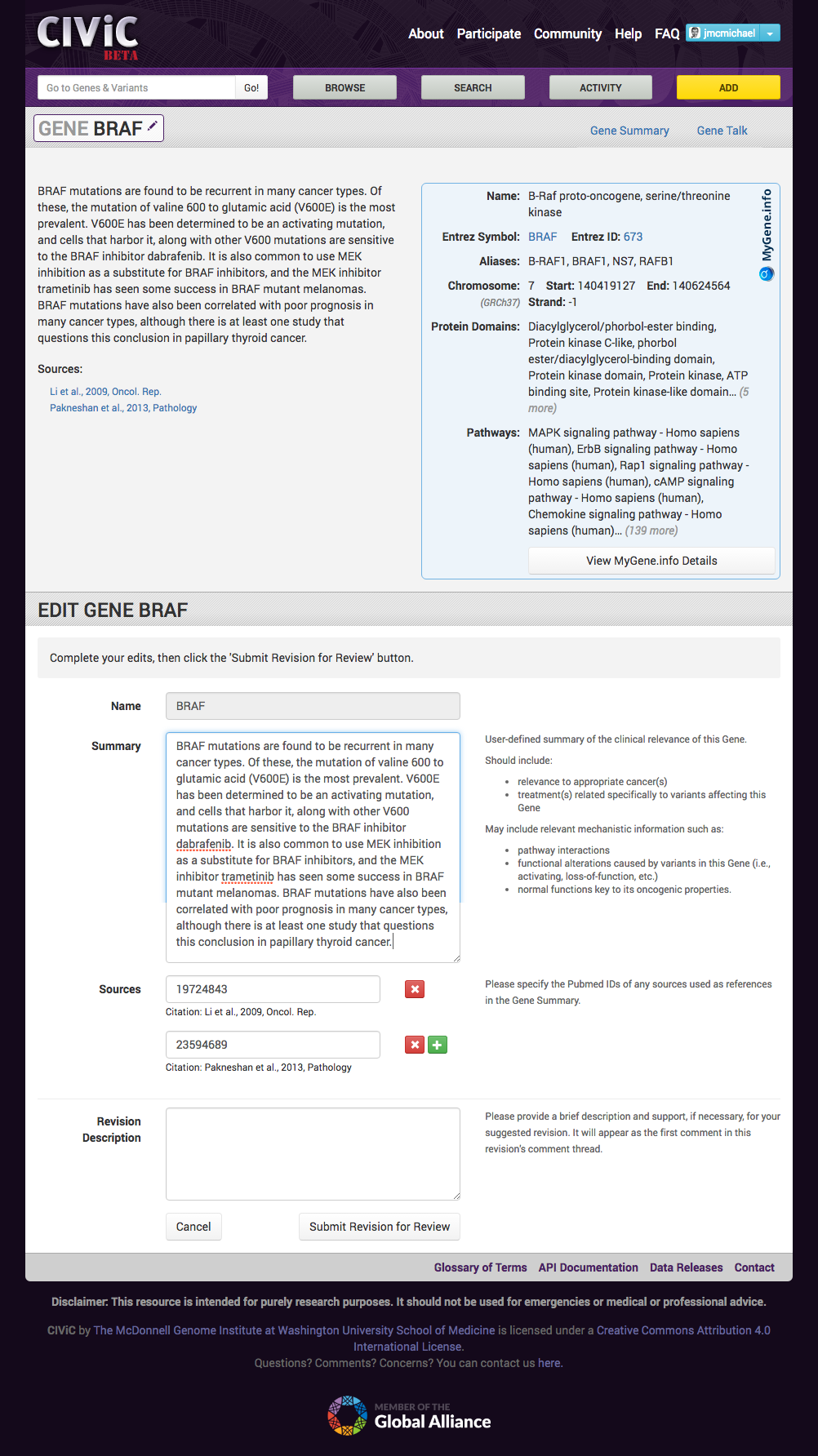Developing for CIViC involves setting up a development environment. To get started quickly, we recommend launching an AWS EC2 instance from our pre-configured and maintained AMI (getting started wiki page).
Alternatively, you may set up your own local development environment using the following setup instructions.
civic-client uses yarn for development, build, and resource server tasks, so ensure that you have yarn (and nodeJS) installed and running. Yarn installation instructions are here:
https://yarnpkg.com/lang/en/docs/install/
Once you've installed Yarn, clone the civic-client repository and cd to it, then:
yarn installYarn will determine the packages it needs to install, download, and install them for you - it may take awhile. Then we need to install bower, which manages client-side packages:
yarn global add bowerOnce bower is installed, use it to install civic-client's runtime libraries:
bower installIf bower becomes confused about which Angular version to use, pick the first one that offers version 1.3.15.
CIViC client uses the gulp workflow system for serving, watching, building, and testing the client codebase. Let's install that:
yarn global add gulpOnce we have gulp installed, start up the CIViC server (execute rails s from the server's root directory), then start up the client server with:
gulp serveThen load http://127.0.0.1:3001 in your browser. NOTE: use 127.0.0.1, not localhost. A couple of the OAuth providers we use for authentication will only work if the app is loaded from 127.0.0.1.
The serve tasks starts a static file server, and a proxy that routes calls to /api to the civic-server listening on port 3000. It serves the AngularJS application, and a starts a watch task which watches all files for changes and lints, builds and injects them into the index.html accordingly.
To make the app ready for deploy to production run:
gulp buildThe build task creates a ./dist folder with all scripts and stylesheets concatenated, minified, and versioned, also third party libraries installed with bower will be concatenated and minified into vendors.min.js and vendors.min.css respectively.
To test the build version of the app, execute:
gulp serve:distThis task executes a build, then serves the /dist directory from the same port as the gulp serve task, http://127.0.0.1:3001/
As the civic-client is under heavy development, we'll be pushing releases to the master branch at a fairly rapid rate. Often, we'll update various packages and modules that are part of the workflow and/or production codebase. So after you do a git pull to update your local repository, be sure to:
yarn install
bower installThis will install any new packages or modules that the new updates require.
- Personalized Cancer Therapy Knowledge Base for Precision Oncology (MD Anderson Cancer Center)
- My Cancer Genome - Genetically Informed Cancer Medicine (Vanderbilt-Ingram Cancer Center)
- Targeted Cancer Care (Massachusetts General Hospital)
Browse Genes in the CIViC database:
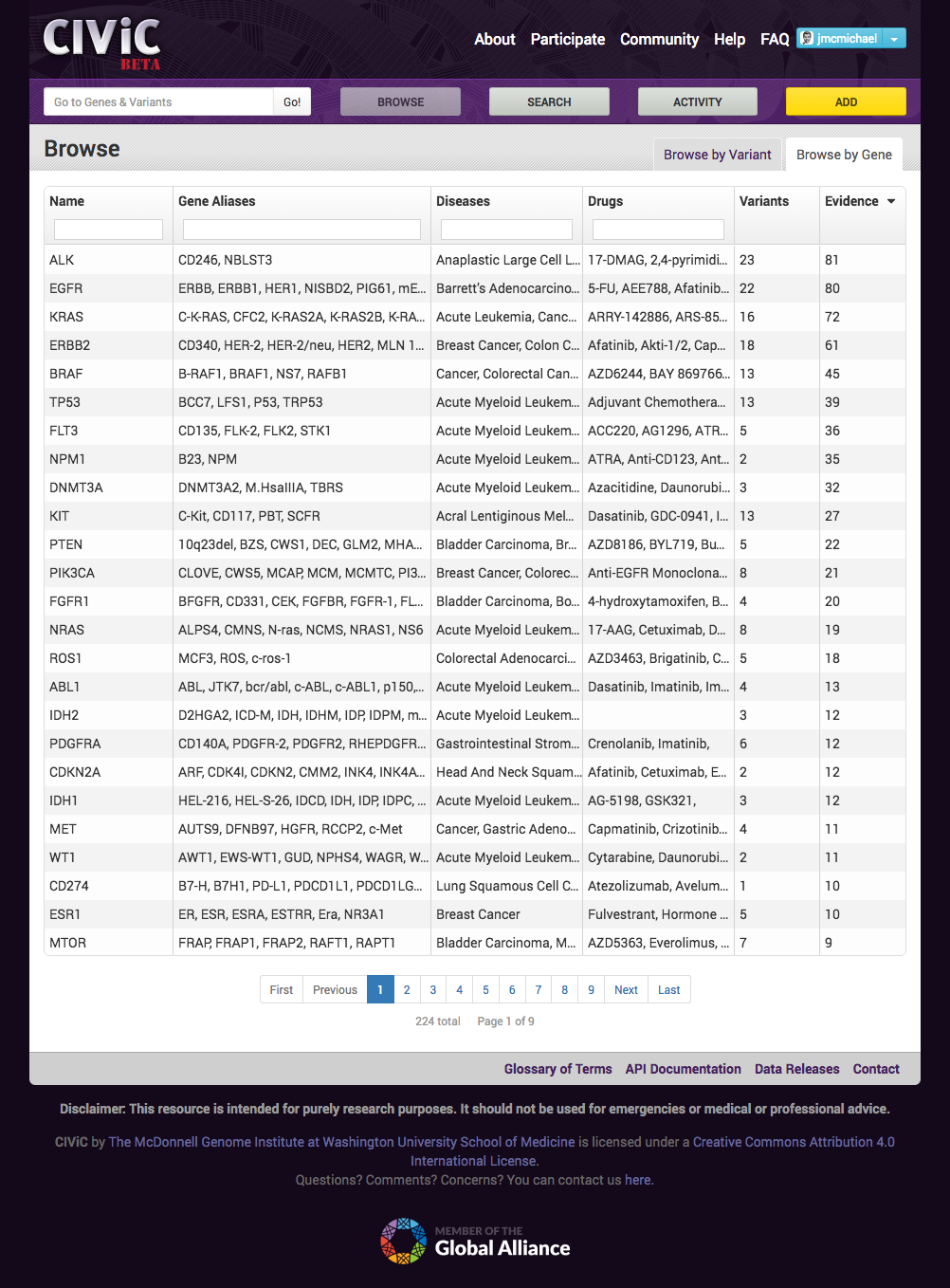
View and comment on revisions to Genes, Variants, Evidence Items:
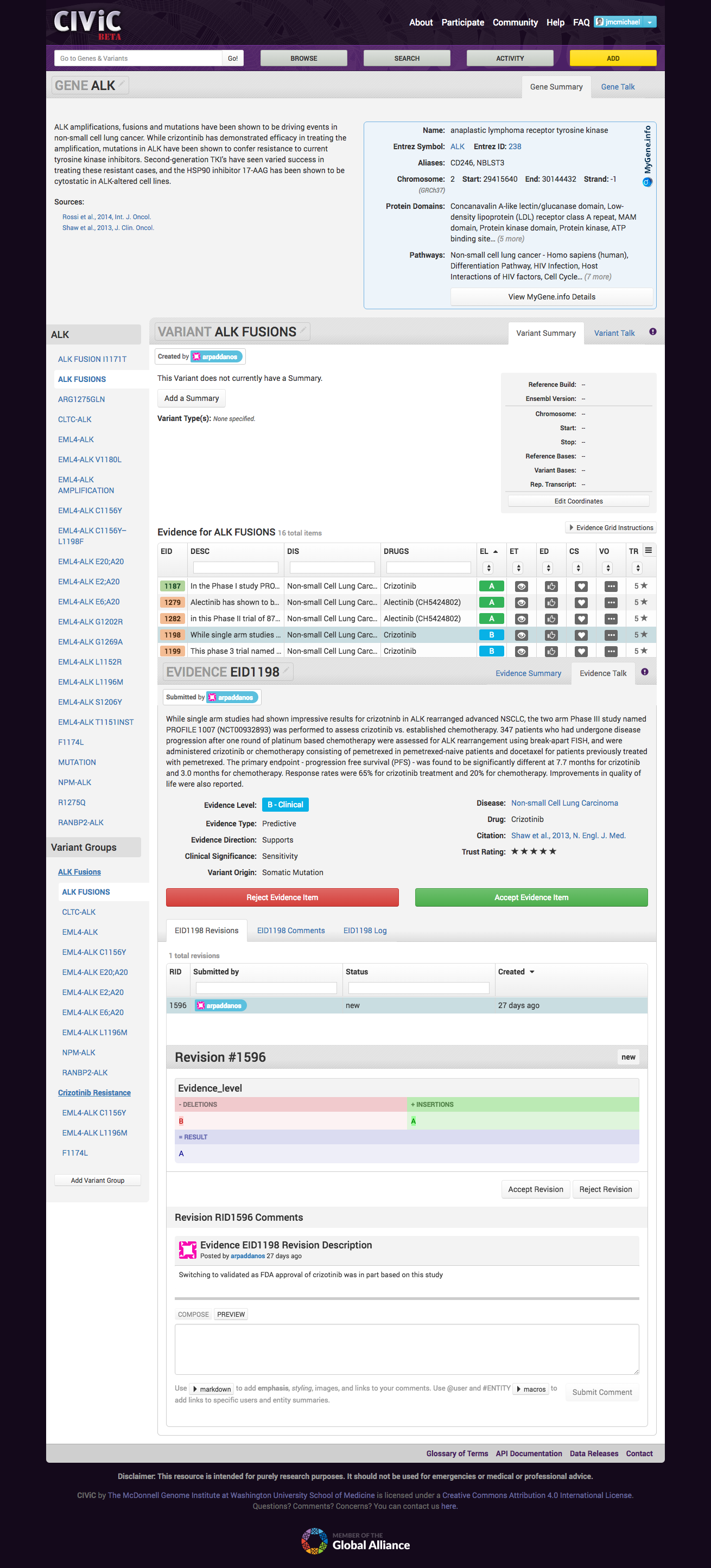
Catch up with recent CIViC activity:
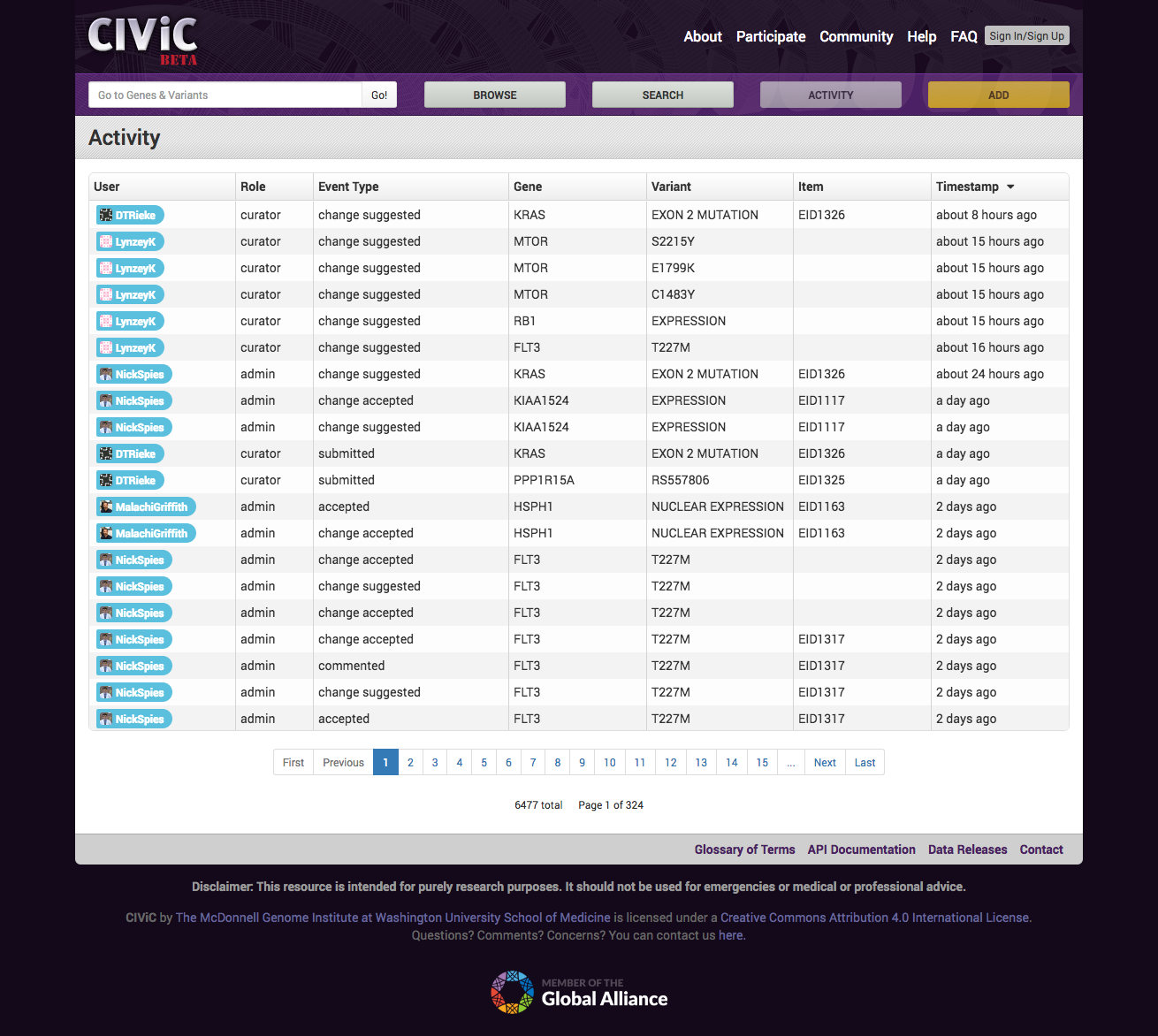
Community leaderboards and user directory:
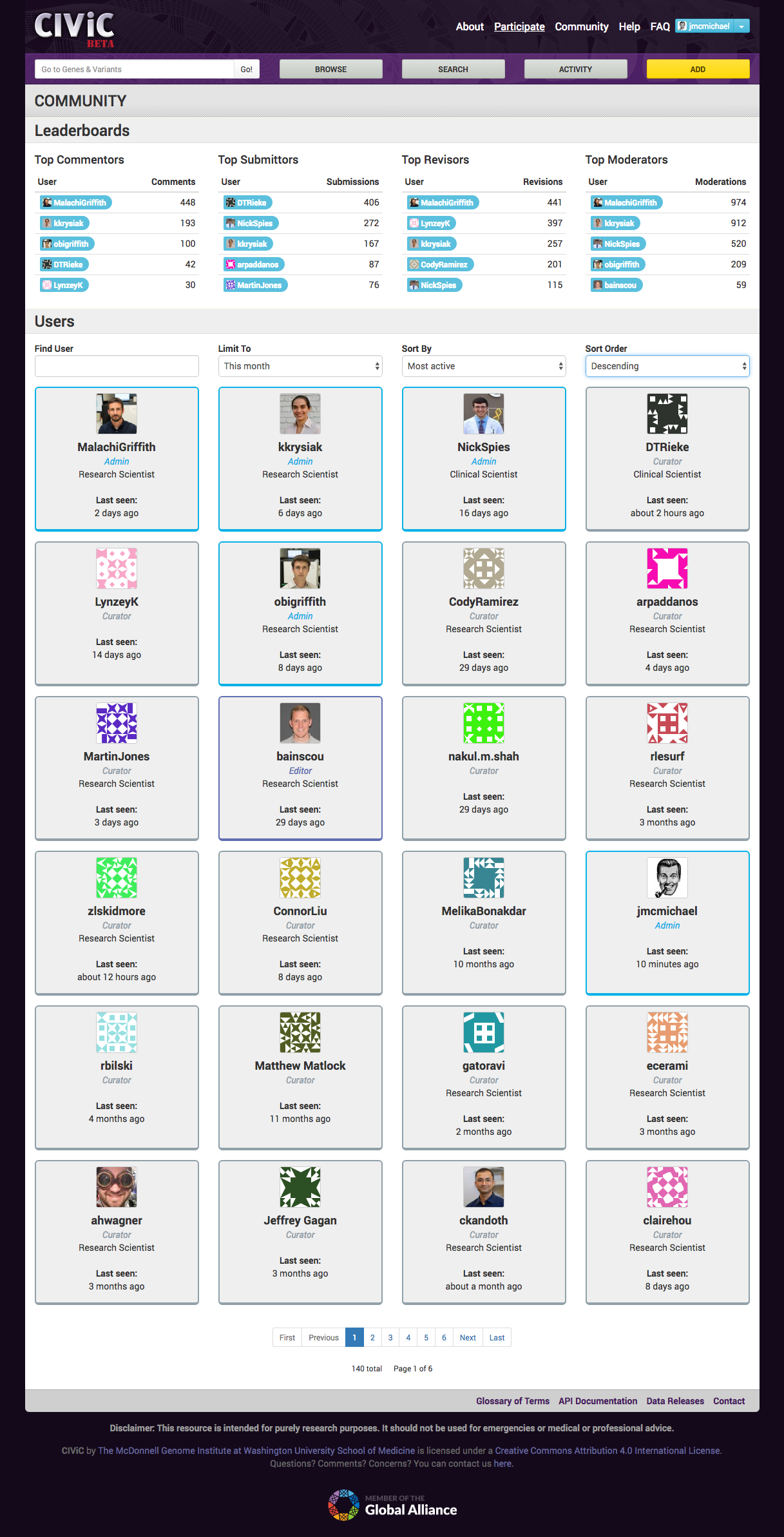
The CIViC source code and application are organized in a client-server model. The backend code is available in the civic-server repository and frontend code is available in the civic-client repository. Issues relating to curation are tracked in the civic-curation repository. An example of a Python client is available in the civic-api-client repository. Issues relating to public CIViC meetings are tracked in the civic-meeting repository.
